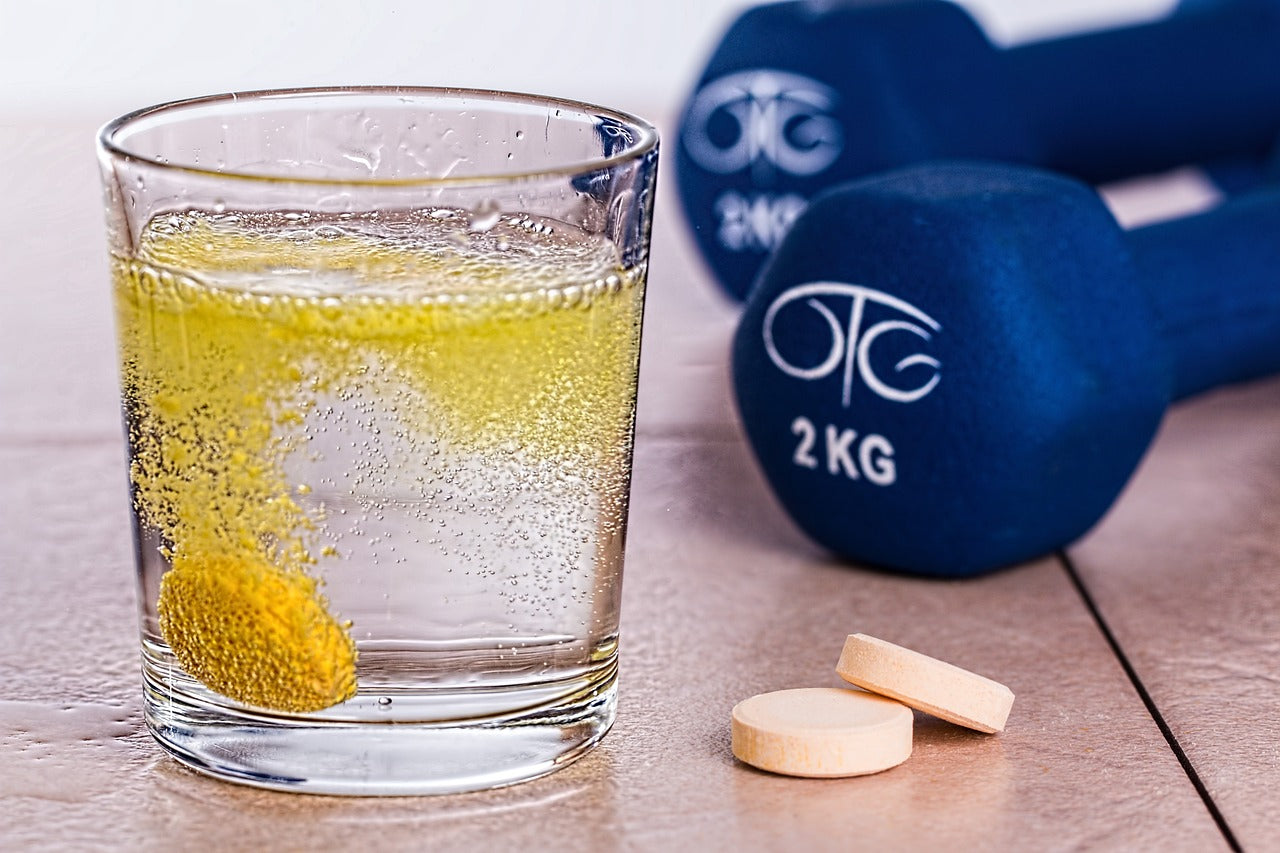Turmeric and high blood pressure , how can this spice positively impact our health? We will see in this article.
Turmeric , a yellow spice used for millennia in Indian cuisine and traditional medicine, has gained global popularity due to its numerous health benefits.
One of the most promising areas of research concerns its potential effect on high blood pressure (hypertension), a condition that affects millions of people worldwide and is a significant risk factor for cardiovascular disease.
In this article, we will explore the correlation between turmeric and high blood pressure and improving overall health, while also offering practical tips on how to incorporate it into your daily diet.
Turmeric: What is this treasure of nature?
Turmeric , scientifically known as Curcuma longa, contains an active ingredient called curcumin. Curcumin is known for its powerful antioxidant and anti-inflammatory properties , which are the basis of the numerous health benefits attributed to this spice.
Among these benefits, the potential impact on blood pressure is of particular interest to those seeking natural ways to manage hypertension. However, there is a significant correlation between turmeric and high blood pressure.
Turmeric and High Blood Pressure: A Global Health Problem
High blood pressure is a condition in which the force of blood against the walls of the arteries is constantly too high. If left untreated, high blood pressure can lead to serious complications such as heart attacks, strokes, kidney failure, and other cardiovascular problems.
Risk factors for hypertension include a high-salt diet, lack of physical activity, excess weight, stress, and genetic predisposition. But how can you recognize the symptoms?
Often called the “silent killer,” hypertension may not show any obvious symptoms until it reaches serious levels. However, some common symptoms may include:
- Headache : especially in the morning;
- Vertigo : feeling dizzy or unsteady;
- Palpitations : irregular or rapid heartbeat;
- Vision problems : Blurred vision or spots before the eyes;
- Fatigue : persistent tiredness without apparent cause;
- Chest pain : feeling of pressure or pain in the chest;
- Difficulty breathing : Shortness of breath or difficulty breathing.
Turmeric and high blood pressure: mechanisms of action
Chronic inflammation is a contributing factor to the development of hypertension. Curcumin, due to its anti-inflammatory properties, can reduce inflammation in blood vessels, improving their function and reducing blood pressure.
Additionally, oxidative stress damages the endothelial cells that line blood vessels, leading to dysfunction and high blood pressure. Curcumin, with its powerful antioxidant capabilities, neutralizes free radicals and protects endothelial cells, helping to maintain healthy blood vessels.
Finally, the endothelium is the inner lining of blood vessels and plays a crucial role in regulating blood pressure. Curcumin improves endothelial function, promoting relaxation and dilation of blood vessels, which can lead to a reduction in blood pressure.
Clinical studies and scientific evidence on turmeric
Several studies have explored the effect of curcumin on blood pressure . For example, a systematic review and meta-analysis of clinical trials suggested that curcumin can significantly reduce systolic and diastolic blood pressure.
These effects are especially pronounced in individuals with metabolic and cardiovascular diseases. In a study published in the Journal of Clinical Hypertension , researchers found that taking curcumin for 12 weeks led to a significant reduction in blood pressure in patients with mild to moderate hypertension.
Despite its many benefits, it is important to use turmeric with caution , especially for people taking medications for blood pressure or other health conditions. Turmeric can interact with some medications and, in high doses, can cause side effects such as gastrointestinal upset.
Taking a DNA test with Holifya: why?
In addition to traditional methods of managing high blood pressure, Holifya DNA tests can provide an additional dimension of personalization in treatment. These tests can identify genetic variants that influence the risk of developing hypertension.
In addition, taking a DNA test allows, for example, a person with a genetic variant that affects sodium sensitivity to benefit from a low-salt diet and turmeric supplements.
Conclusions
Turmeric , with its potent active ingredient curcumin, offers a promising natural option to help manage high blood pressure. Its anti-inflammatory, antioxidant, and endothelial-enhancing properties may help reduce blood pressure and improve cardiovascular health.
Integrating turmeric into your daily diet or through supplements can be an effective strategy, but it is important to do so with the right awareness and under the guidance of a health professional.
Research continues to explore the full potential of turmeric, but current evidence suggests that this ancient spice may have a valuable place in the modern arsenal against hypertension and cardiovascular disease.
Using a DNA test to identify genetic predispositions can help you take an even more targeted and personalized approach to managing high blood pressure. If you suspect you have high blood pressure, it is essential to investigate further.




Leave a comment
This site is protected by hCaptcha and the hCaptcha Privacy Policy and Terms of Service apply.